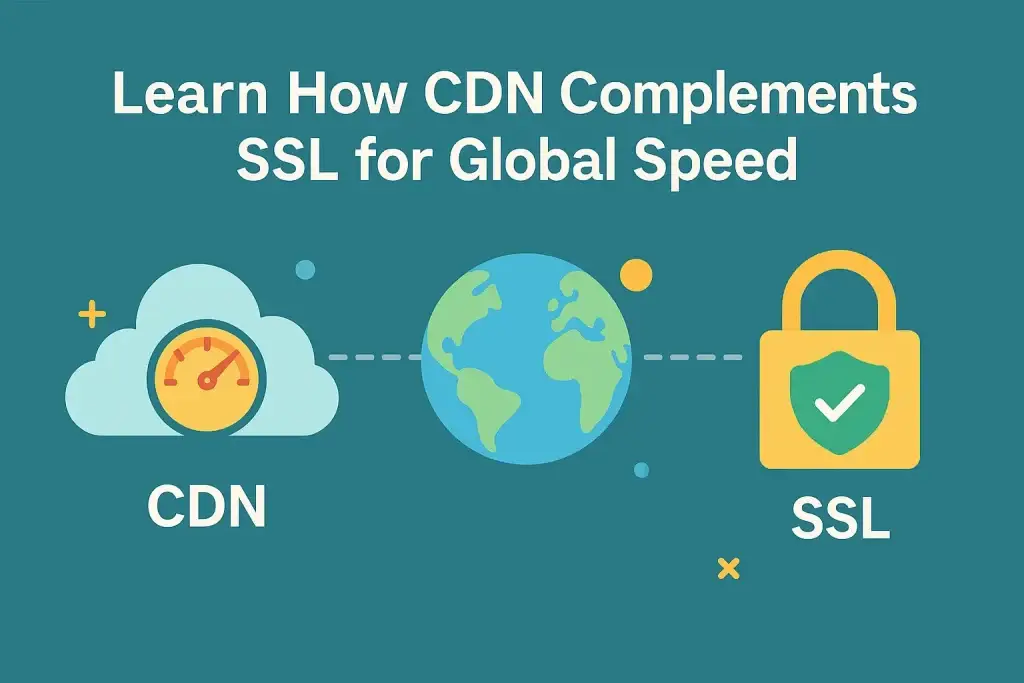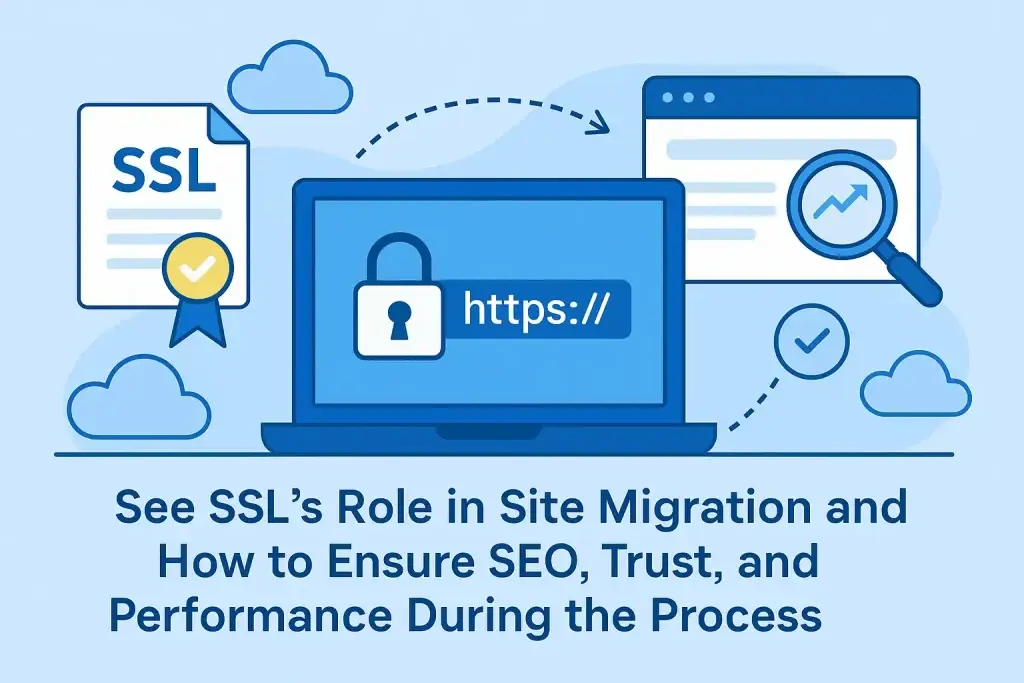Learn everything about SSL certificates including how to get one, check it, and explore free options like Let’s Encrypt and ZeroSSL.
Free SSL certificate, SSL certificate download, SSL Checker, Let’s Encrypt, SSL free 90 days, SSL ماهو, Free SSL certificate 1 year, ZeroSSL
Comprehensive Guide to SSL Certificates and Free Options
what is ssl
In today’s digital landscape, securing your website is no longer optional—it’s essential. Whether you’re running a personal blog, an e-commerce store, or a global enterprise site, an SSL certificate plays a critical role in protecting user data and building trust. This comprehensive guide answers the most common questions about SSL certificates, including how to get one, whether it’s free, and how to check its validity. We’ll also explore popular free SSL providers like Let’s Encrypt and ZeroSSL, and explain how to use tools like SSL Checker to verify your certificate.
What is an SSL certificate and why is it important?
An SSL certificate (Secure Sockets Layer) is a digital certificate that authenticates a website’s identity and enables encrypted communication between the server and the user’s browser. When installed, it activates HTTPS and displays a padlock icon in the browser’s address bar, signaling that the site is secure. This is especially important for websites that handle sensitive information such as login credentials, payment details, or personal data. In Arabic, this concept is often searched as SSL ماهو, reflecting growing interest in web security across global audiences.
SSL certificates also impact SEO rankings. Google has confirmed that HTTPS is a ranking signal, meaning secure websites are more likely to appear higher in search results. Additionally, browsers like Chrome and Firefox now label non-HTTPS sites as “Not Secure,” which can deter visitors and harm your credibility.
How do I get an SSL certificate for my website?
Obtaining an SSL certificate depends on your hosting provider and the type of certificate you need. Most web hosts offer SSL certificates as part of their hosting plans. You can also purchase one from a Certificate Authority (CA) like DigiCert, Sectigo, or GlobalSign. However, if you’re looking for a Free SSL certificate, there are excellent options available that don’t compromise on security.
One of the most popular free providers is Let’s Encrypt, a nonprofit CA that offers domain-validated certificates at no cost. Another reliable option is ZeroSSL, which provides both free and premium SSL certificates with flexible validation methods. These services are ideal for small businesses, startups, and personal websites looking to secure their domains without incurring extra costs.
Is SSL certification free or do I need to pay?
Yes, SSL certification can be completely free depending on your needs. Providers like Let’s Encrypt and ZeroSSL offer SSL free 90 days certificates that can be renewed automatically. These certificates are domain-validated and suitable for most websites. If you need extended validation (EV) or organization validation (OV), you may need to purchase a certificate from a commercial CA.
Some hosting companies also include a Free SSL certificate 1 year as part of their premium plans. This is a great option if you want a longer validity period without manual renewals. Always check with your hosting provider to see what SSL options are available to you.
How do I check my SSL certificate status and validity?
Verifying your SSL certificate is crucial to ensure it’s properly installed and hasn’t expired. You can use tools like SSL Checker to inspect your certificate’s details, including its expiration date, issuing authority, and encryption strength. Simply enter your domain name into the tool, and it will provide a full report.
Additionally, you can check your certificate directly from your browser. Click the padlock icon in the address bar, then view the certificate details. This method is useful for quick checks, but online tools offer more comprehensive insights. If you’ve recently completed an SSL certificate download, it’s a good idea to verify the installation using these methods.
What are the different types of SSL certificates?
SSL certificates come in several types, each serving different purposes:
- Domain Validated (DV): Basic encryption, ideal for blogs and small websites.
- Organization Validated (OV): Includes company verification, suitable for business sites.
- Extended Validation (EV): Highest level of trust, displays company name in the browser bar.
- Wildcard SSL: Secures a domain and all its subdomains.
- Multi-domain SSL: Protects multiple domains under one certificate.
Free providers like Let’s Encrypt and ZeroSSL typically offer DV certificates, which are sufficient for most use cases.
How to install and manage your SSL certificate
Installing an SSL certificate involves generating a Certificate Signing Request (CSR), submitting it to a CA, and then installing the issued certificate on your server. Most hosting platforms simplify this process with one-click installations or automated tools. After installation, make sure to redirect all HTTP traffic to HTTPS and update internal links to avoid mixed content warnings.
If you’re using a free certificate like SSL free 90 days, set up auto-renewal to avoid service interruptions. Platforms like cPanel, Plesk, and Cloudflare offer built-in SSL management tools. You can also schedule periodic checks using SSL Checker to ensure everything remains secure.
Benefits of using a Free SSL certificate for your site
Using a Free SSL certificate offers several advantages:
- Cost-effective: Ideal for startups and personal projects.
- Easy setup: Most free providers offer automated installation.
- SEO boost: HTTPS is a ranking factor in search engines.
- User trust: Visitors feel safer on secure websites.
Whether you choose Let’s Encrypt, ZeroSSL, or a Free SSL certificate 1 year from your host, the benefits are clear.
Where to find reliable SSL certificate download options
If you prefer manual installation, you’ll need to download your SSL certificate files from your CA or hosting dashboard. Look for the SSL certificate download section, which typically includes the certificate, private key, and CA bundle. Make sure to store these files securely and follow your server’s documentation for installation.
Some platforms also offer downloadable certificates for offline use or custom server setups. Always verify the authenticity of the files using tools like SSL Checker before deploying them to production.
Conclusion: Choosing the right SSL solution for your needs
SSL certificates are a cornerstone of modern web security. Whether you’re looking for a Free SSL certificate or a premium solution, understanding your options helps you make informed decisions. Free providers like Let’s Encrypt and ZeroSSL offer robust security for most websites, while paid certificates provide additional validation and features.
Use tools like SSL Checker to monitor your certificate’s health, and explore SSL certificate download options if you prefer manual control. From SSL ماهو to Free SSL certificate 1 year, this guide covers everything you need to secure your site and build user trust. Start today and make your website safer, faster, and more professional.


